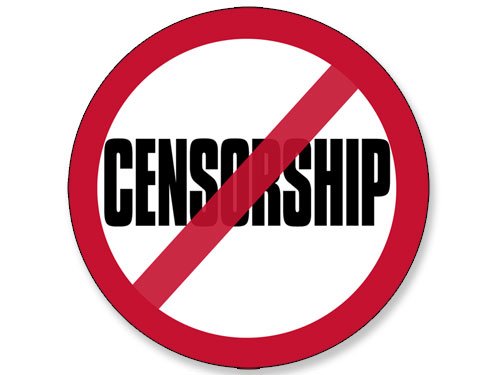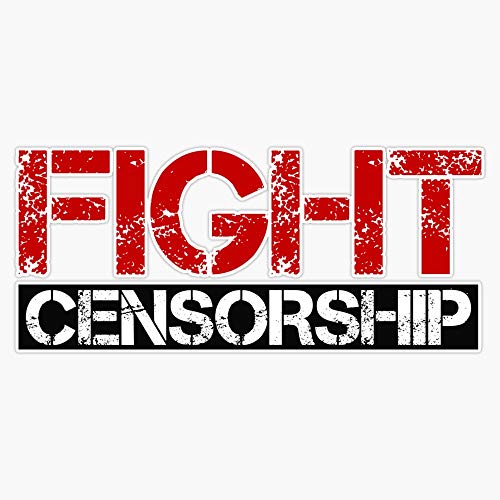November 3rd…election day. There’s not much a man of my years can do at a time like this but think back to elections past. And at the moment I’m thinking of Friday, November 4th, 1988, four days before America had the privilege of choosing between two of the most uninspiring bowls of soggy Minute Rice to ever face off on the national stage.
During campaign season, the media had focused most of its fury on poor Dan Quayle, Bush’s marble-mouthed Spoonerist VP choice. Quayle, a social conservative, hit all the right “culture war” buttons, and the left responded with the predictability of piano-pecking chickens. Quayle was a racist, anti-Semitic, misogynist, homophobic fascist. And dumb, too! Oh, and his wife is ugly (Bill Maher shot a film in which he pretended to beat Quayle’s wife, Marilyn, to a bloody pulp, because, um, comedy?).
Having failed at all the usual slurs, and growing despondent over the baffling lethargy on the part of their candidate Michael Dukakis, Democrats and their media toads began grasping at straws. And they caught hold of one. On November 4th, reporters received the tip of a lifetime: A federal prison inmate in Oklahoma claimed that he’d sold pot to Dan Quayle when the VP candidate was in law school in 1972!
 American Vinyl Round N...
Buy New $5.99
(as of 05:01 UTC - Details)
American Vinyl Round N...
Buy New $5.99
(as of 05:01 UTC - Details)
A devastating accusation: A dude smoked a joint in college. Surely this would be the silver bullet to fell the Bush/Quayle juggernaut.
The claim was being made by Brett Kimberlin, a young fellow serving a 50-year sentence whose only crime had been conspiracy to possess marijuana with intent to distribute. Oh, and possession and illegal use of a Department of Defense insignia, illegal use of the Seal of the President of the United States, and impersonation of a federal officer. Oh, and perjury. Oh, and a series of serial bombings that terrorized Indiana in 1978 (one bomb blew the leg off a Vietnam vet who later committed suicide due to his injuries). So surely this Kimberlin gentleman was on the level. I mean, the dude was practically a Boy Scout.
Democracy was dying in darkness.
 Free Speech: Ten Princ...
Best Price: $2.00
Buy New $8.00
(as of 05:01 UTC - Details)
Free Speech: Ten Princ...
Best Price: $2.00
Buy New $8.00
(as of 05:01 UTC - Details)
Hemingway was one of hundreds of media voices crying out in the darkness that day: Kimberlin must be heard! Nina Totenberg of NPR led the charge to discover why the feds were putting a lid on such an earth-shattering claim of candidate malfeasance, mere days before a national election.
The people had a right to know! The press had a right to know!
There was one overriding theme in every “mainstream” news report of Kimberlin’s accusations and the feds’ refusal to allow him to hold his press conference: We don’t know if the allegations are true, but this close to an election, the public has a right to hear them, and we, the press, have a duty to report them, so that voters can make up their own minds.
As Pacifica Radio host Dennis Bernstein said at the time, “the public deserves the option of deciding for itself if it believes Kimberlin.”
Following the Bush/Quayle victory, the press did not let up on the Kimberlin story. Now there were two exciting angles for the noble saviors of democracy to pursue: There was the drug angle, sure. Quayle was VP, so anything that could be used against him was of vital importance. But there was also the “suppression” angle. By placing Kimberlin in solitary, the government had limited the public’s access to information, the week before a presidential election. It wasn’t about whether Kimberlin’s accusations were fake (they were). It wasn’t about whether Kimberlin was an unreliable source (he was). It was about the right of the American people to have access to potentially pertinent information about a candidate. Let people hear everything—the good and the bad, the real and the fake—and let them make up their own minds.
 Fight Censorship Free ...
Buy New $4.95
(as of 05:01 UTC - Details)
Fight Censorship Free ...
Buy New $4.95
(as of 05:01 UTC - Details)
That was the media’s take on the Kimberlin affair. Access to information, even potentially fake information, was what mattered. And the government had no right to prevent a story that was very likely false, from a source that was undeniably untrustworthy, from being heard by voters. This position was summarized in a 1992 New York Times editorial:
The truth or falsity of Mr. Kimberlin’s accusations is not at issue. A smooth-talking felon serving a 50-year sentence for drugs and violent crimes, Mr. Kimberlin had incentives to concoct charges. Officials at Justice and the Bush-Quayle campaign may have sincerely believed that the prisoner was lying about the alleged pot dealings in the 1970’s. That does not empower them to single him out for censorship and harsh treatment.
So, even though there was every reason to believe that Kimberlin’s claims were “fake news” and politically motivated disinformation, the torchbearers of light against darkness were adamant: Kimberlin’s almost certainly false allegations should not have been censored. Every major news organ at the time took the exact same stand.




